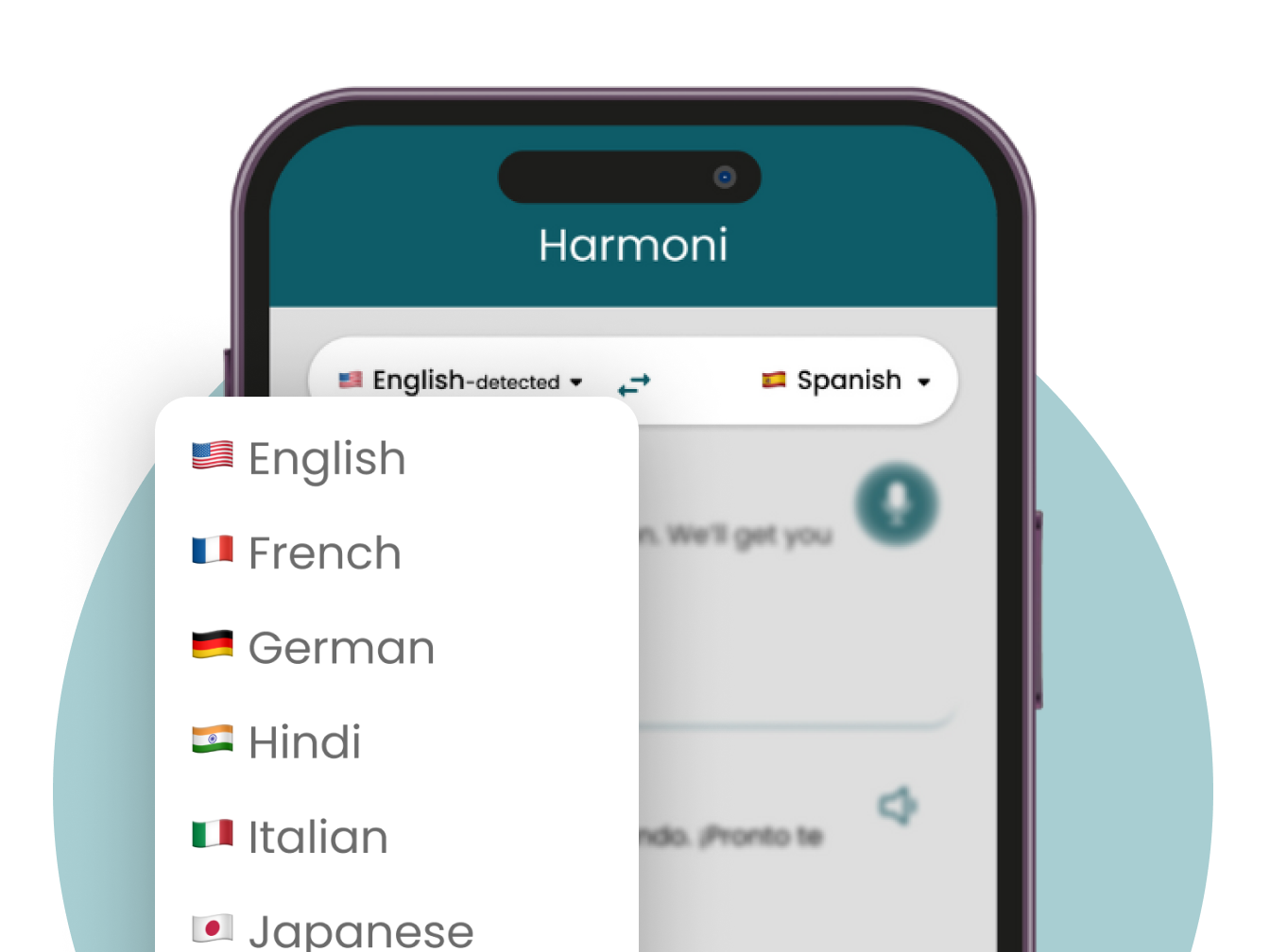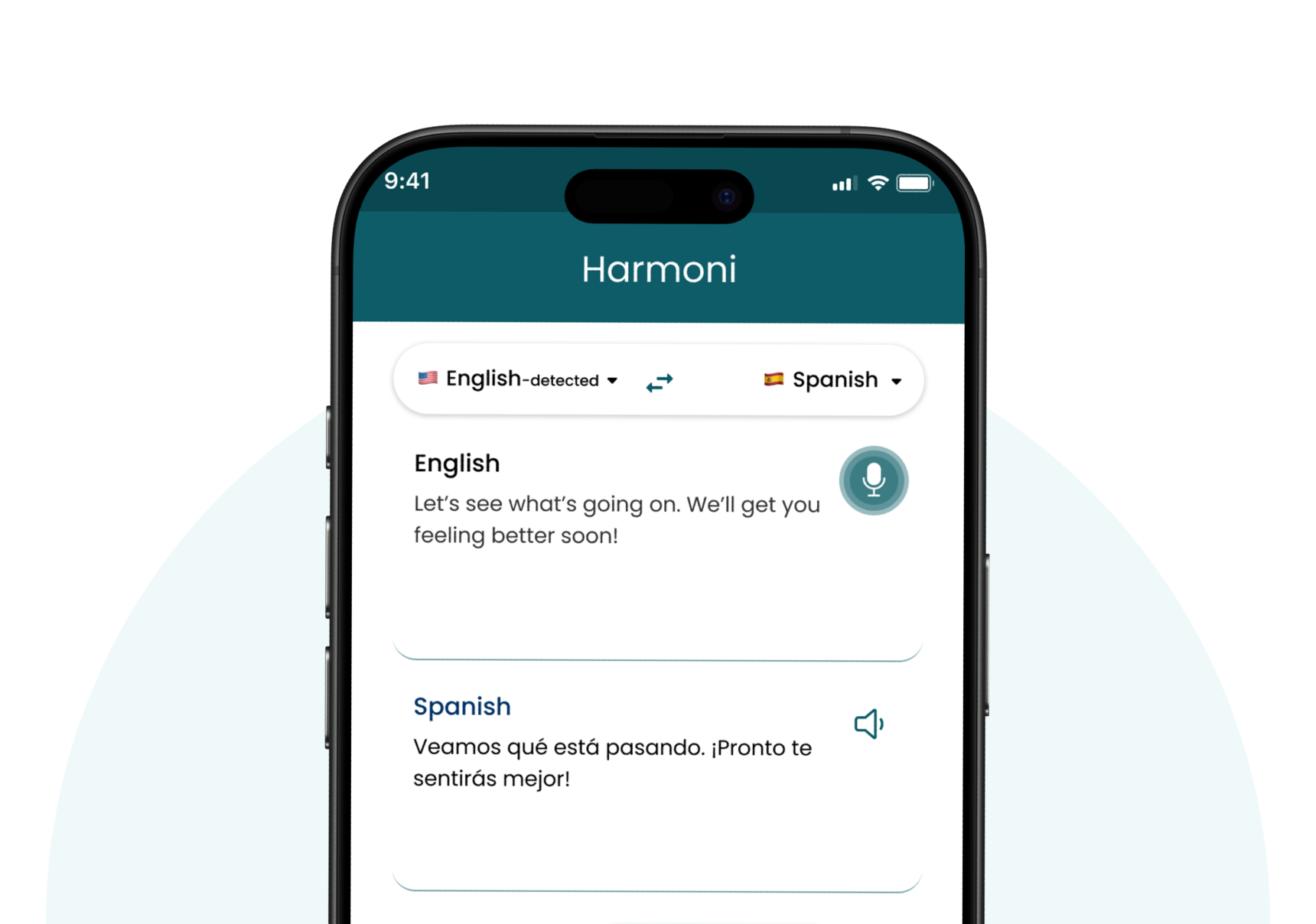
Discover expert guidance on breaking language barriers and enhancing patient communication in healthcare.
Introduction
In healthcare, safeguarding patient privacy isn’t optional—it’s a
legal obligation under the Health Insurance Portability and
Accountability Act (HIPAA). This regulation governs the protection
of sensitive patient information, making it essential for healthcare
providers and their partners, including medical translation
services, to maintain strict compliance.
Medical translations often involve translating protected health
information (PHI), making HIPAA compliance a critical factor. This
blog explores the steps and best practices for ensuring HIPAA
compliance in healthcare translation services, helping you deliver
secure, patient-centered care.
HIPAA compliance ensures that sensitive patient data is protected from unauthorized access, safeguarding patient trust and avoiding hefty penalties. For medical translation services, it means adhering to strict confidentiality and data security standards during every step of the translation process. Non-compliance can result in:
Exposing patient information could lead to severe legal and reputational damage.
HIPAA violations can result in fines ranging from $100 to $50,000 per incident.
Patients need assurance that their sensitive information is handled securely.
By choosing a HIPAA-compliant medical translation provider, you minimize risks and uphold the highest standards of privacy.
Work with translation services that explicitly comply with HIPAA requirements. Ensure they use secure technology and follow best practices to handle PHI responsibly. Verify their credentials and request proof of compliance measures.
All data transfers involving PHI must occur through encrypted communication channels. Avoid unsecured email or file-sharing platforms that could expose sensitive information to cyber threats.
Translation teams should receive comprehensive HIPAA training to understand the legal requirements and practical steps for maintaining compliance. This includes recognizing and preventing potential breaches.
Periodic audits ensure that your translation processes remain compliant with HIPAA standards. Identify vulnerabilities and make necessary updates to security protocols as regulations evolve.
Use software solutions that offer end-to-end encryption for file transfers and document storage.
Ensure that your translation provider signs a BAA, guaranteeing their commitment to HIPAA compliance.
Establish clear guidelines for how long PHI will be stored and ensure it is deleted securely when no longer needed.
Stay informed about changes in HIPAA regulations and ensure your translation services align with the latest standards.

Harmoni delivers HIPAA-compliant medical translation services with advanced encryption and strict privacy measures to ensure secure, accurate, and confidential care.
Partner with Harmoni TodayHIPAA compliance is more than a legal requirement—it’s a cornerstone of trust in healthcare. By following the steps and best practices outlined in this blog, you can ensure that your medical translation services not only meet regulatory standards but also protect the integrity of patient care.
Partnering with a reliable, HIPAA-compliant provider like Harmoni can help you deliver secure, high-quality translations that prioritize patient privacy. Together, we can bridge language gaps while keeping sensitive information safe.
Try our Medical Translation Service free for 10 minutes—no credit card required!
